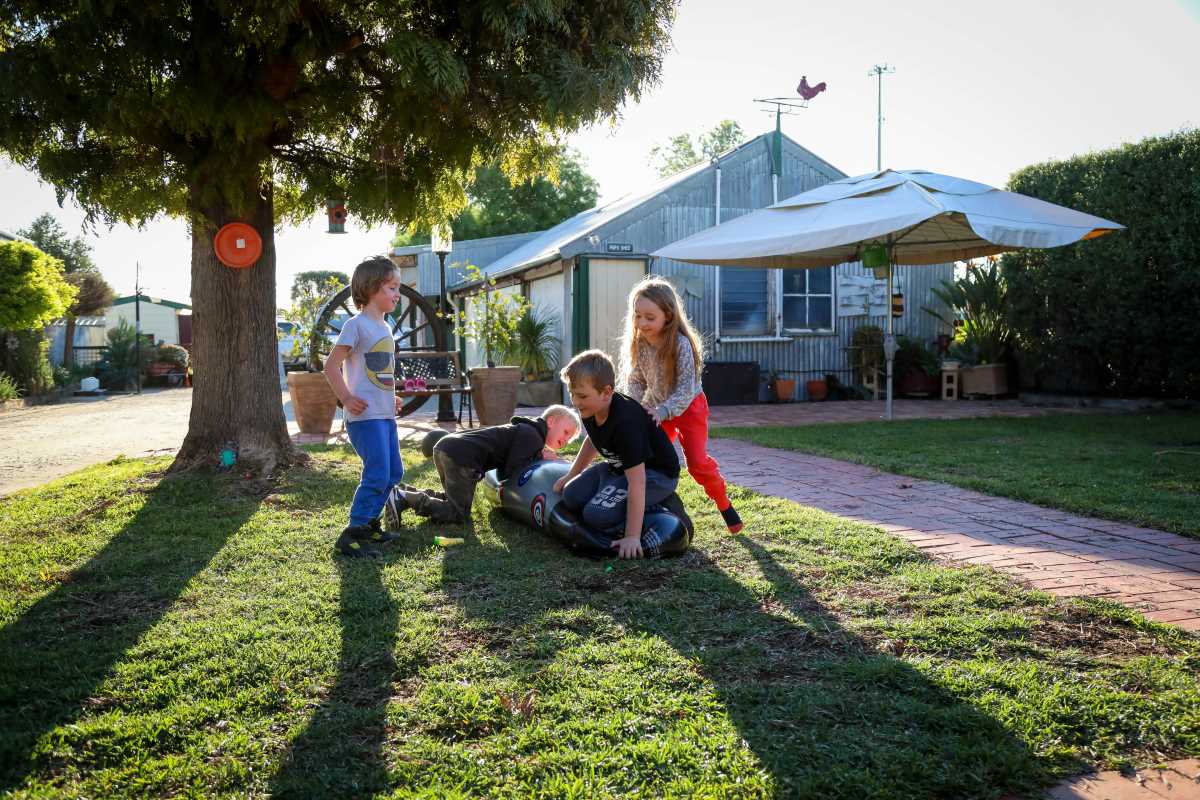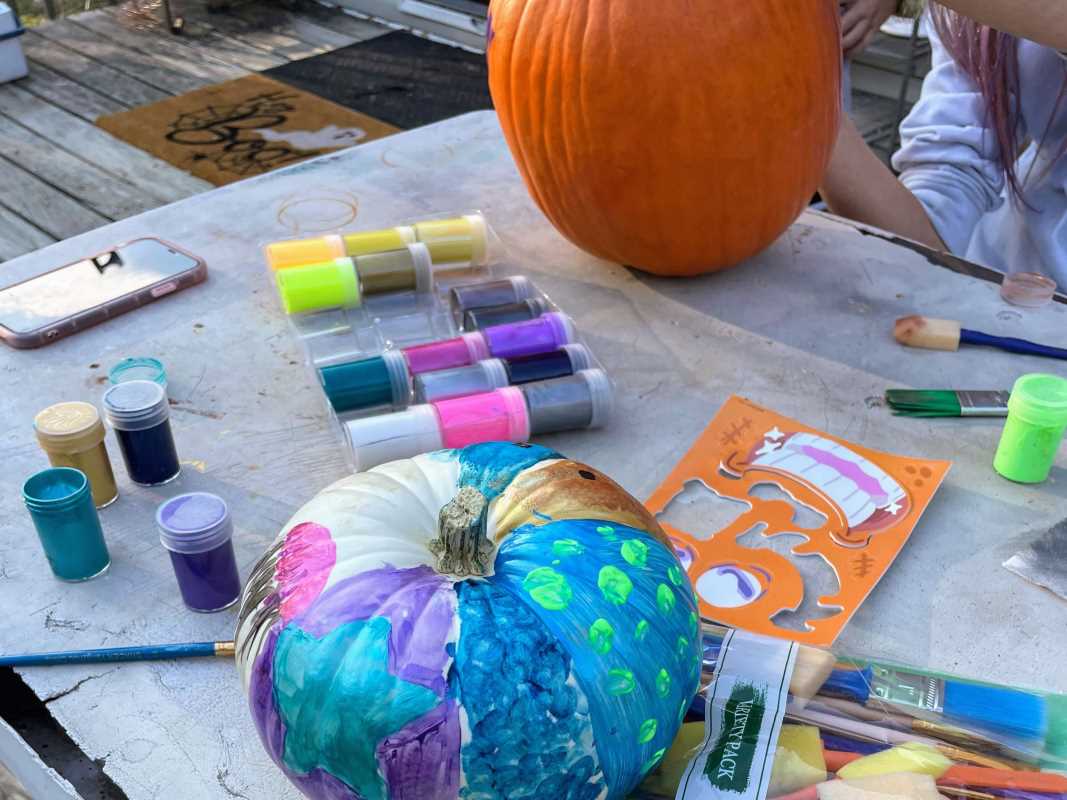Empathy is a critical skill that plays a significant role in shaping the emotional intelligence of youth. Developing empathy from a young age not only fosters compassion and understanding but also helps in building strong relationships with others. Through various strategies and interactions, parents, teachers, and caregivers can cultivate empathy in children and encourage them to be kind and empathetic individuals as they grow.
Understanding the Power of Empathy
Empathy is the ability to understand and share the feelings of others. Developing empathy in youth allows them to connect with people on a deeper level, leading to more meaningful relationships and a greater sense of community. Studies have shown that individuals who exhibit empathy are more likely to engage in pro-social behaviors and act with kindness and compassion towards others.
Encouraging Perspective-Taking
One effective way to cultivate empathy in youth is by encouraging perspective-taking. This involves helping children see things from another person's point of view. By teaching children to consider how others may feel in different situations, they begin to empathize with the emotions and experiences of those around them. Perspective-taking helps in fostering a sense of understanding and compassion towards others.
Promoting Active Listening
Active listening is another vital component in developing empathy in youth. Encouraging children to listen attentively to others without judgment or interruption allows them to truly understand the emotions and needs of those around them. By actively listening, children can demonstrate empathy by acknowledging and validating the feelings of others, creating a supportive and empathetic environment.
Teaching Emotional Literacy
Emotional literacy plays a crucial role in the development of empathy in youth. By teaching children to recognize and understand their own emotions, they can better empathize with the feelings of others. By identifying and expressing their own emotions effectively, children can develop a sense of empathy towards the emotions and experiences of those around them, leading to stronger and more authentic connections with others.
Engaging in Acts of Kindness
Encouraging children to engage in acts of kindness is a powerful way to cultivate empathy. By participating in charitable activities, volunteering, or simply helping others in need, children learn the value of empathy and compassion towards others. Engaging in acts of kindness fosters a sense of empathy by allowing children to experience the positive impact of their actions on others, reinforcing the importance of caring for those around them.
Building Empathy Through Role Modeling
One of the most effective ways to cultivate empathy in youth is through role modeling. Children often learn empathy by observing and imitating the behavior of adults around them. By demonstrating empathy in their own interactions and relationships, parents, teachers, and caregivers can set a positive example for children to follow. Being empathetic role models helps in shaping the values and attitudes of youth towards kindness, compassion, and understanding.
Empathy is a fundamental skill that plays a crucial role in shaping the emotional intelligence and character of youth. By implementing strategies such as encouraging perspective-taking, promoting active listening, teaching emotional literacy, engaging in acts of kindness, and role modeling empathetic behavior, parents, teachers, and caregivers can effectively cultivate empathy in children and inspire them to become compassionate and empathetic individuals as they navigate the world around them.
 (Image via
(Image via.jpg)





